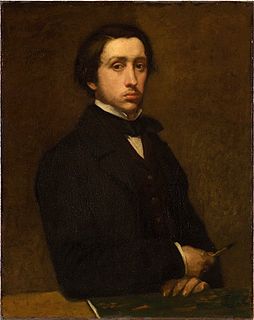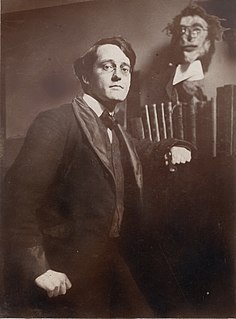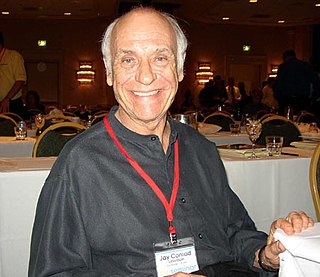A Quote by Edgar Degas
A picture is first of all a product of the artist's imagination, it must never be a copy.
Quote Topics
Related Quotes
The artist does not draw what he sees, but what he must make others see. Only when he no longer knows what he is doing does the painter do good things. A picture is first of all a product of the imagination of the artist; it must never be a copy. If then two or three natural accents can be added, obviously no harm is done. The air we see in the paintings of the old masters is never the air we breathe.
Instead of creating aesthetically pleasing prose, you have to dig into a product or service, uncover the reasons why consumers would want to buy the product, and present those sales arguments in copy that is read, understood, and reacted to—copy that makes the arguments so convincingly the customer can’t help but want to buy the product being advertised.
It is surprising that people do not believe that there is imagination in science. It is a very interesting kind of imagination, unlike that of the artist. The great difficulty is in trying to imagine something that you have never seen, that is consistent in every detail with what has already been seen, and that is different from what has been thought of; furthermore, it must be definite and not a vague proposition. That is indeed difficult.
My room is dominated by the huge painting, which is a copy of 'The Violation' by the Belgian surrealist Paul Delvaux. The original was destroyed during the Blitz in 1940, and I commissioned an artist I know, Brigid Marlin, to make a copy from a photograph. I never stop looking at this painting and its mysterious and beautiful women.
I had to really do some studying and examination of my own songwriting and I realized that, there's not a formula by any stretch of the imagination and aren't any rules, but there are principles. The first one is that art is a process, not a product. In fact, that holds true for damn near everything we do in life. The product is just something that happens. If you're faithful to the process, the product takes care of itself.





































